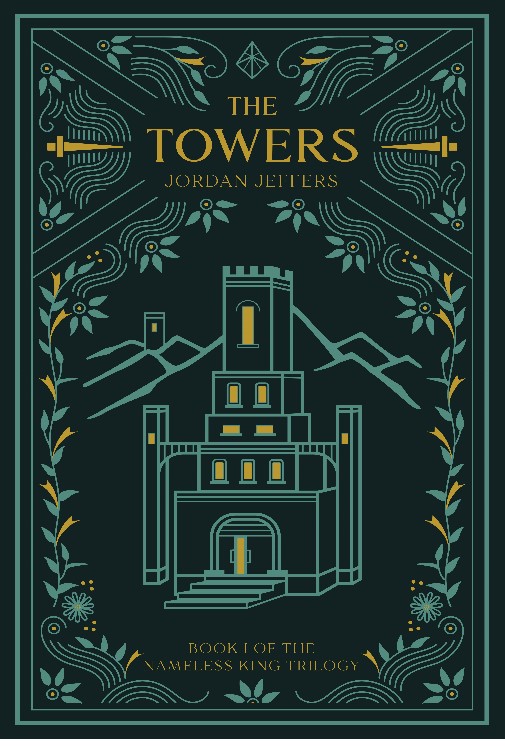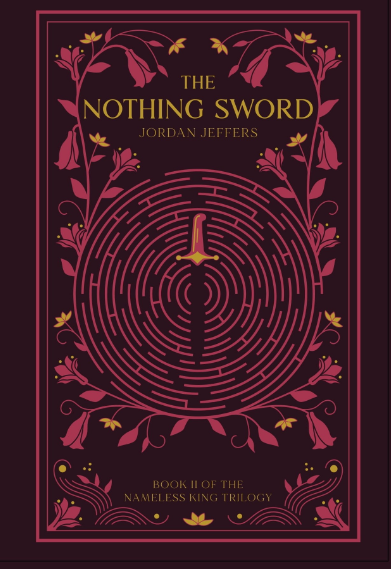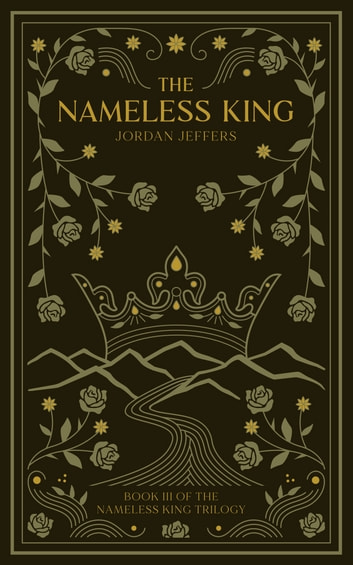Dear Mother,
I've met a lot of people this year. I don't remember most of their names, but I'm confident that I did meet them. There's Baldy-Guy Glasses and New Drummer Boy and Grain Elevator Guy, just to name a few. They're all lovely people, and most of the time I enjoy our conversations. Grain Elevator Guy in particular is super nice.
But there's always something uncomfortable about those initial meetings, something that goes beyond my ability to forget all of their names seconds after I hear them. Because, inevitably, they always ask this question:
"So, what do you do for a living?"
My response to this varies, usually depending on my level of confidence at the time.
- Low confidence: "Well, right now I'm trying to do freelance writing full time, actually, at least until the end of the year." This one is generally followed by at least 48 seconds of me rambling on about my website, or sending things into magazines, or my plans to self-publish a fantasy novel, or my plans on finding another job after the year of writing is over, until I have to excuse myself because of excess sweating.
- Moderate Confidence: "I'm freelance writing full time at the moment." My tone of voice strongly hints that this could change at any moment, once I realize the extent of my folly.
- High Confidence: "Uh, I'm a freelance writer." I always include the 'Uh.' It's shorthand for 'I suspect you're going to think this is weird.'
- Confidence of a Thousand Lions: "I'm a writer."
As you can see, the less confidence I have at the time, the more words I tend to use. This is a good rule of thumb for a lot of the things I say. Short, simple words are often dangerously transparent. It's much more safe to hide behind complex phrases and dependent clauses, endlessly stitched to one another like patches on a quilt of fear. "Quilt of Fear" is now the title of my next story.
But though I change what I say, I'm always thinking the same thing.
"I mooch off my wife."
Now I do get up, every morning, and fill my digital papers with digital words (and occasionally my real paper with real words), and I am living. But in spite of those two facts, I don't really write for a living. Because for the first nine months of this experience, I did not make one red cent from any of the words I've put to paper, digital or otherwise.
Then, about two weeks ago, I'm standing in line at Fusion Brew, deciding what kind of Chai Tea to get, and my intelligent phone tells me I have electronic mail. It's from Analog Science Fiction and Fact, and it's three sentences long, and it's from the editor there, and he's telling me he likes the story I sent him, he thinks it's a good fit, and he's going to take it.
Wait, what?
I show this to Madelyn, and we just sort of stand there in shock for a second, and forget to order our drinks. I spent the next forty-five minutes frantically Googling this guy's name, trying to make sure he's actually the editor of Analog, that the email address he's sending from is really Analog's address, and that I'm not being elaborately and cruelly tricked. Until the issue actually comes out, and I have a copy in my hand, I think I'll still be worried about that.
Of course I called you later and told you all the details. I was holding off on telling other people until I actually got the contract, but that happened a few days ago, and I mailed it back in, and USPS tells me it got there today, so I think I'm safe to tell everyone now.
There's this thing that happens when you're a writer, this pathology that you develop where you really, really want people to validate you for what you do. Because, let's be honest, I'm not performing surgery here, or building roads, or teaching any children. I'm writing stories about gnomes and Axe body spray.
The conflict between writers and the rest of the world is pretty old, going back to the day Plato threw the poets out of The Republic (That's a gross oversimplification of his argument, but whatever, this is the Internet. You can read Plato's real argument if you want). So there's this deep fear in every writer that when you sit down and pump something out you're wasting your time, that you should be working in a homeless shelter instead of writing something that tries to make people laugh and think and maybe feel something.
So when a complete stranger in charge of a big magazine (big for sci-fi magazines, anyway) tells you that he likes your story and wants to publish it, and not only that, but he wants to pay you for the privilege, you start to feel like king of the world. It doesn't prove that what you are doing is actually worth that money. There's lots of writing out there that's not worth the electronic paper it's not printed on. But it does pay a month's rent with a decent bit to spare.
I'm still not supporting myself with my writing, not yet. But next time someone asks me what I do, I'm pretty sure I'm going to use short, simple words.
All my love to you and Dad and Grandpa and the dog,
Your son Jordan
Jordan Jeffers writes letters to his mother on the Internet because stamps are a form of witchcraft. Feel free to give him electronic encouragement via the little Facebook and Twitter buttons below. It means more to him than you might think.



